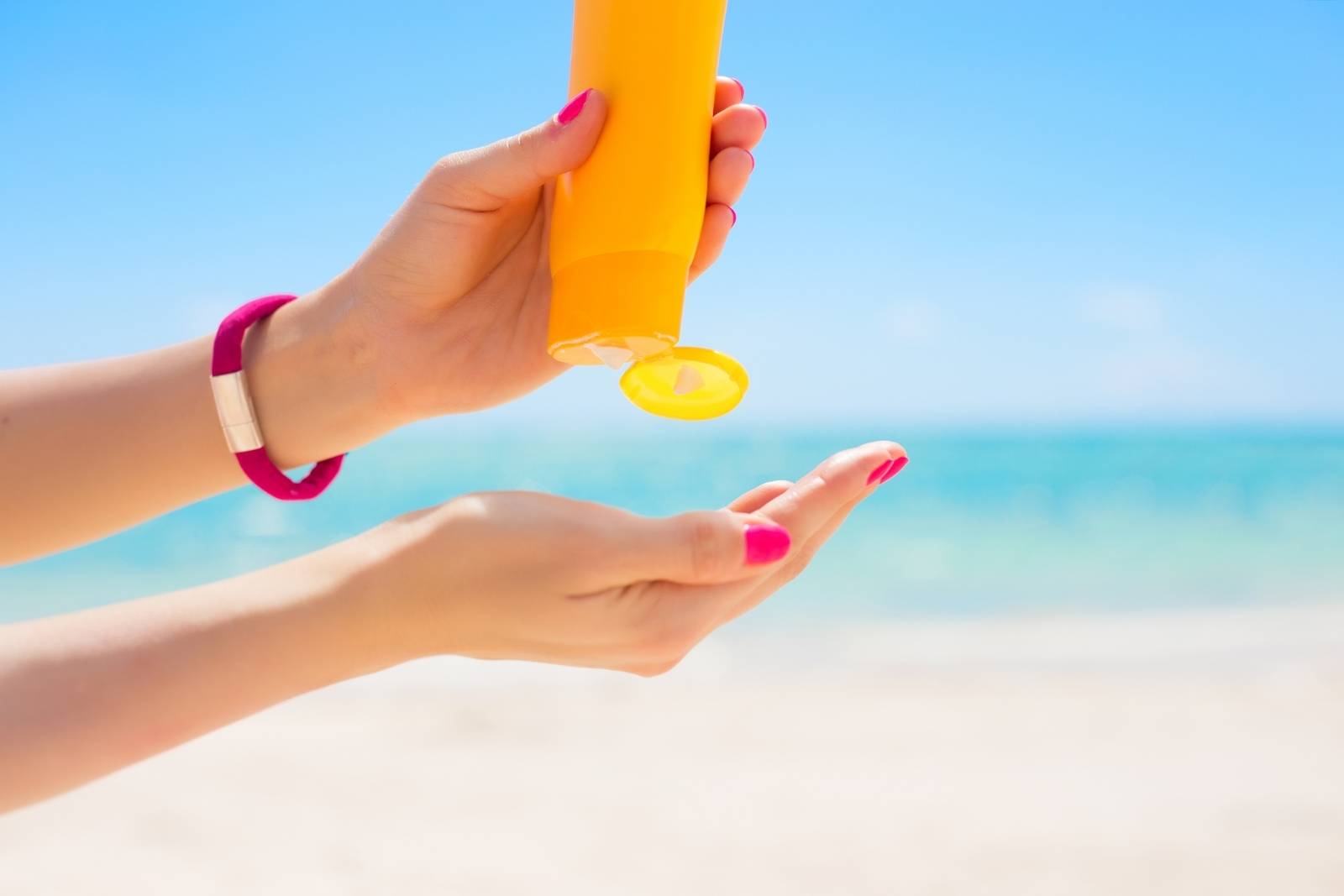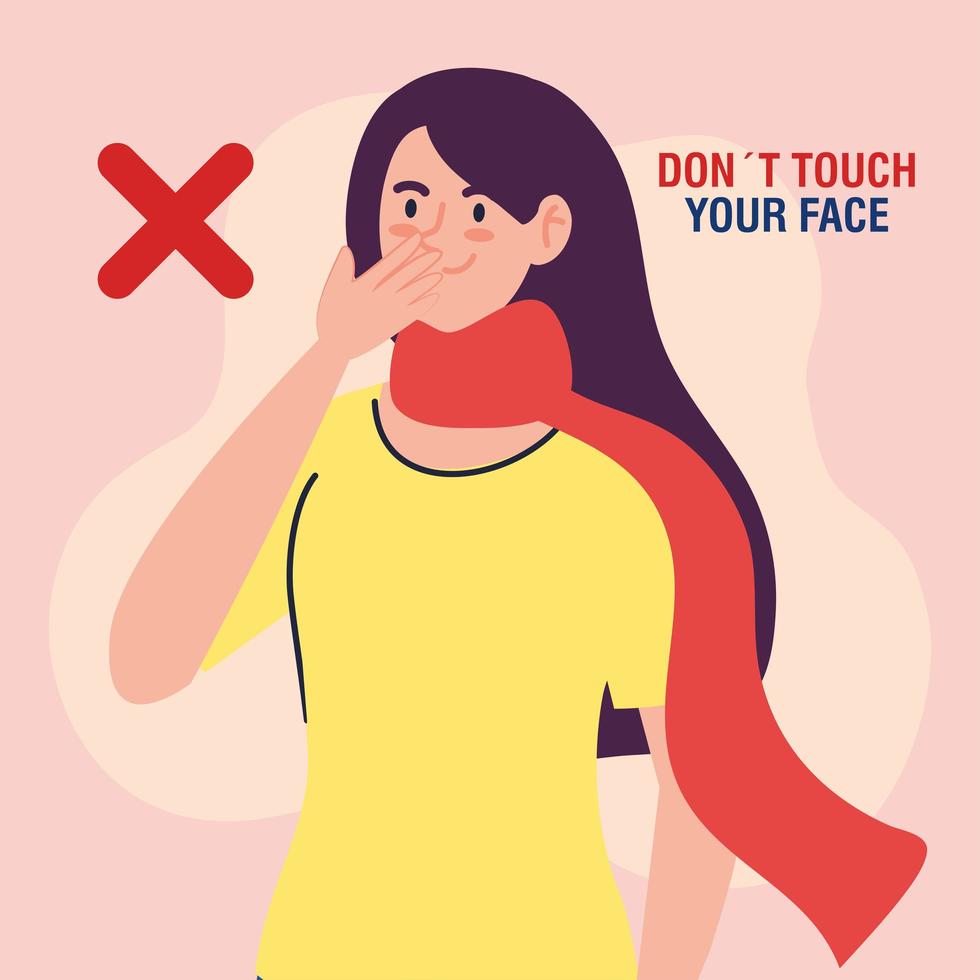Treat acne with these tips
Acne is a common skin condition that occurs when hair follicles become clogged with oil and dead skin cells. It often causes pimples, blackheads, whiteheads, and sometimes cysts or nodules. Acne typically appears on the face, forehead, chest, upper back, and shoulders.
CAUSES OF ACNE:
1.Excess Oil (Sebum) Production: Overactive sebaceous glands produce too much oil, which can clog pores.
2.Hormonal Changes: Hormonal fluctuations, especially during puberty, menstruation, pregnancy, or due to hormonal disorders, can increase sebum production.
3.Diet: Certain foods, like dairy products and carbohydrate-rich foods, might trigger or worsen acne.
4.Stress: Stress can exacerbate acne, although it is not a direct cause.
5.Environmental Factors: Exposure to certain environmental elements like oils or grease (such as from working in a greasy area), and friction or pressure on the skin (from things like phones, helmets, or tight collars) can contribute to acne.
6.Genetics: Acne can run in families. If both your parents had acne, you're likely to develop it too.
7.Cosmetics and Skincare Products: Some skincare products and cosmetics can clog pores (comedogenic), contributing to acne. It's important to use non-comedogenic products if you're prone to acne.
PREVENTION:
First check what is the reason for your acne, different people have different reasons. for some people it's because hormonal change, for some it might be diet, and environmental factors. First give a body check and observe your food habits, skincare care, hygiene. Then automatically you get the reason.
SKINCARE:
Cleanse Gently: Wash your face twice daily with a gentle, non-abrasive cleanser. Avoid scrubbing, as this can irritate the skin and worsen acne.
Moisturize: Even if you have oily skin, use a moisturizer to keep your skin hydrated. Look for oil-free, non-comedogenic options.
Sun Protection: Use a broad-spectrum sunscreen with SPF 30 or higher. Some acne treatments can make your skin more sensitive to the sun.
LIFESTYLE CHANGES:
Hands Off: Avoid touching your face with your hands, as this can transfer oils and bacteria.
Hair Care: Keep hair clean and away from your face to prevent the transfer of oil and hair care products to your skin. Always tie hour hair and make sure hair shouldn't fall on face because it leads to dandruff fall on face and leads to acne. Use shampoos to prevent dandruff.
Diet: Maintain a balanced diet rich in fruits, vegetables, whole grains, and lean proteins. Some studies suggest that reducing dairy and high-glycemic foods can help improve acne.
Hydration: Drink plenty of water to keep your skin hydrated and help flush out toxins.
Stress Management: Practice stress-reducing techniques such as yoga, meditation, or exercise, as stress can exacerbate acne.
TREATMENTS:
Salicylic Acid:
Action: Exfoliates the skin and unclogs pores.
Usage: Typically found in concentrations from 0.5% to 2%.
Products: Cleansers, toners, and spot treatments.
Isotretinoin (Accutane)
Action: Reduces oil production, unclogs pores, decreases inflammation
Usage: Prescribed for severe, treatment-resistant acne. Requires close medical supervision due to potential side effects
Dosage: Typically taken for 4 to 6 months.
Chemical Peels:
Action: Remove the outer layer of skin to unclog pores and reduce acne scars.
Usage: Performed by a dermatologist using salicylic acid, glycolic acid, or other peeling agents.
Laser and Light Therapy:
Action: Reduce bacteria, inflammation, and sometimes oil production.
Usage: Various types of lasers and light therapies available, usually requiring multiple sessions.
Without taking personal decision consult a dermatologist he/she will prescribe what kind of treatment is suitable for your acne.
TIPS:
1.Wash your pillowcase every week. If possible, place pillows under sun, it helps to kill bacteria on the pillow.
2.Do not place your phone touching to your ear. we often touch our phones with dirty hands and also so many people touch our phones, so it has some bacteria which spread over your face while talking. so talk in phones with speaker on or use earphones.
3.Always eat food items which consist of high water as it helps to keep our body cool.
4.Do not touch your face frequently as our hands has a lot of dirt and bacteria which spread over our face and leads acne breakout.








Comments
Post a Comment